Must-Have Content Development Tools

The demand for content has reached a fever pitch and companies of all types and sizes are wondering how to develop more high-quality content and with less resources.
Fortunately, the Internet industry has responded to the demand with tool after tool to help professionals develop persuasive content that will get read and shared. The following are some must-have content development tools for the modern marketer.
A Trends Tracker
Monitoring trends makes quick work out of figuring out what an audience will care about. Stay in the loop with the following trend-tracking tools:


- Tailored Trends on Twitter (trending hashtags based on location set on homepage)
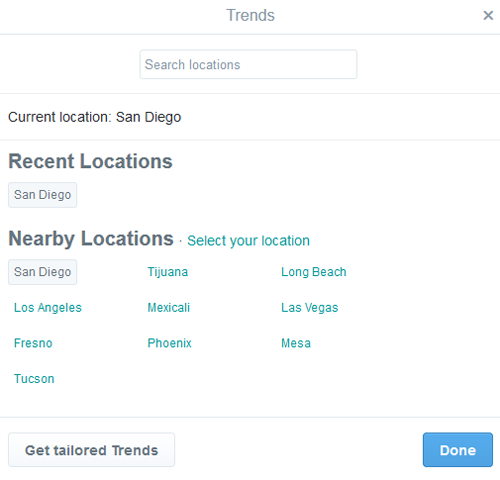
- Buzzsumo

A Listening Tool
Peers are listening to what their friends are saying online but many brands are not...even when they are, the majority of enterprises do not respond to feedback whether it's positive or negative. Listening to brand mentions is not only an effective practice because of customer service-related issues, but also for content development ideas. If there is a recurring theme with customer questions, complaints, praises, etc., a brand would be wise to develop content around those topics. Likewise, a brand can identify influencers and advocates who might be willing to develop content on their behalf. Finally, listening to brand mentions allows companies to repurpose the content that their users are already creating on their behalf. The following are tools for listening and responding to brand mentions (many of which also help identify influencers):
- Mention
![]()

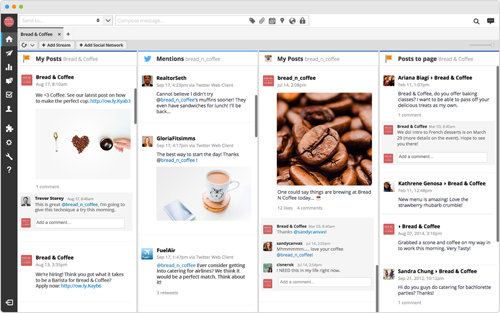
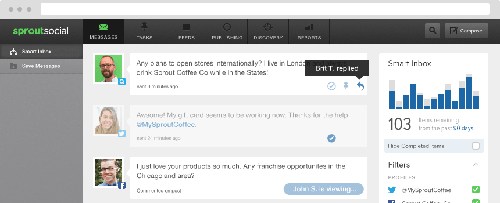
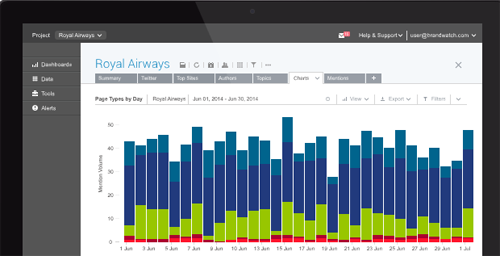
Note: For those looking for Topsy on this list, Apple closed it down in late 2015.
A Keyword Helper
Similar to trends, it's important to know what people are actively searching for and how competitive that space is. Check out some tools for keyword research to influence content development below:
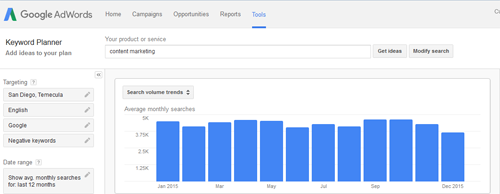

A Creativity Sparker
Writer's block can strike even the most experienced writers. Below are a couple tools to spark one's creativity, but authors should also look to other authors for inspiration because reading other content helps spur ideas.
- Portent
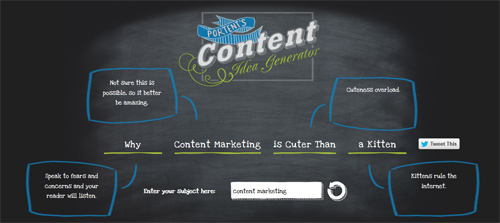
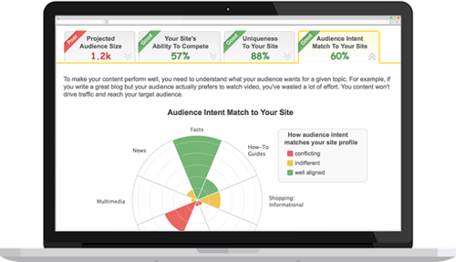
Keep Filling Up Your Toolbox
Developing content is great, but understanding how it performed is even better. When work performs well, it's maybe something that should be repeated. On the flipside, if it performs poorly, some tweaks will need to be made. Brands should not only leverage their favorite analytics solution to understand content performance, but also consult their content management system for ways to test elements (for instance A/B test headlines) as well as personalize experiences (e.g. remember who a person is, what action they have taken before, etc.).










